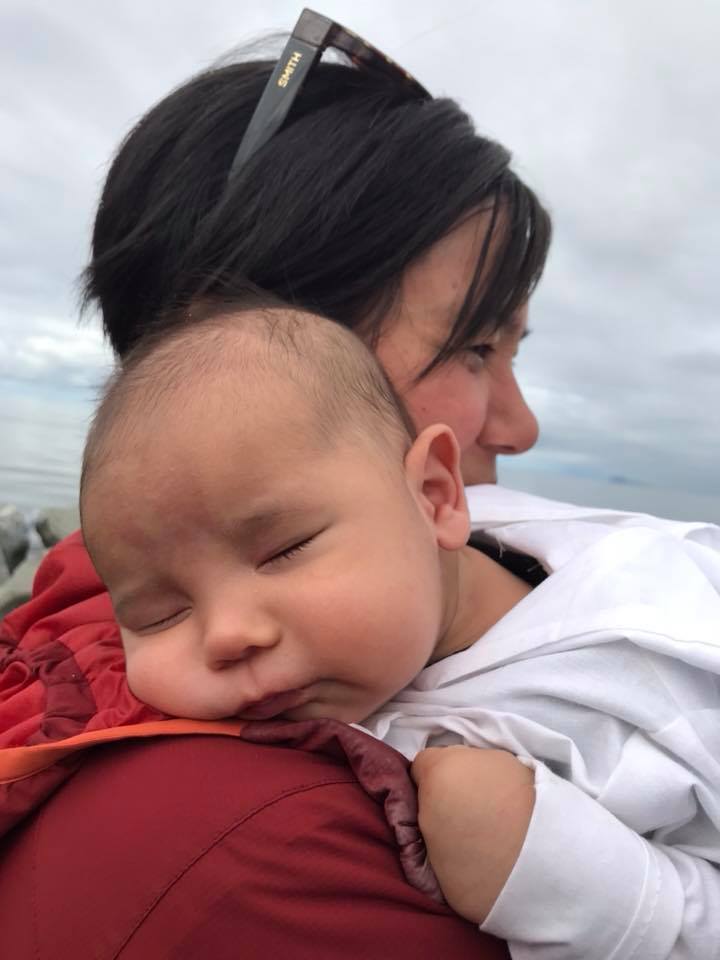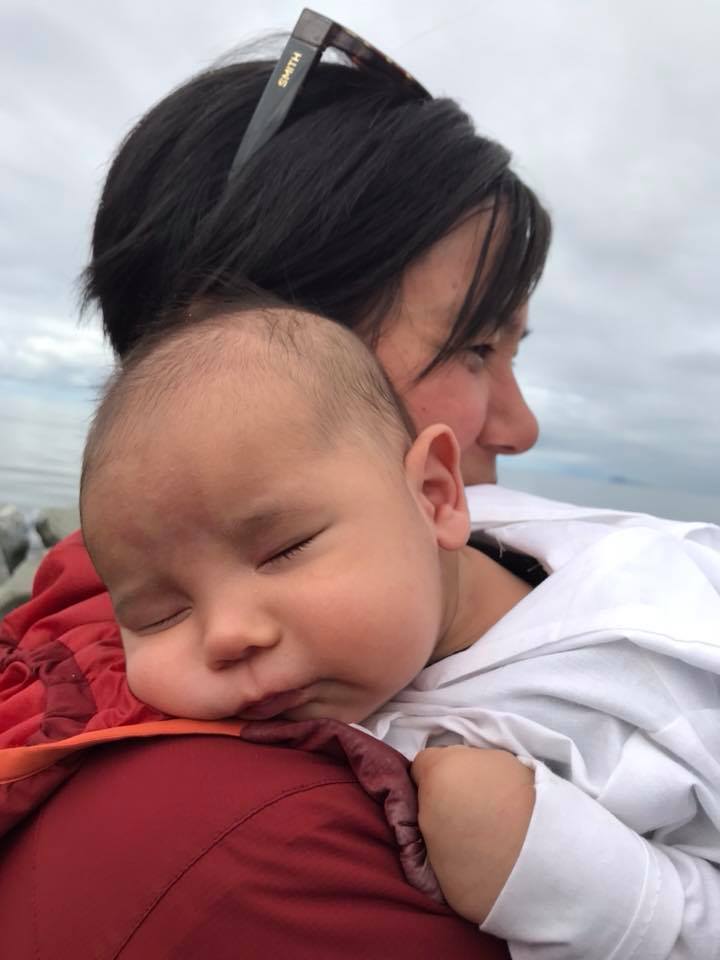
UNALAKLEET, AK (October 22, 2018) – Changing climate is not only altering weather patterns throughout the world, but it also threatens Alaskan indigenous cultures, writes Laureli Ivanoff, a member of the Unalakleet Covenant Church, in a New York Times opinion piece published Saturday with the headline, “The Bearded Seal My Son May Never Hunt.”
She writes, “We are Inupiat, northern indigenous people with communities from Alaska to Greenland. I had always thought the cold was necessary for the ways we relate to this earth. But we may have to learn to live without it. Last winter, there was less ice in the Bering Sea than any winter since the start of record-keeping in 1850.”
The warmer water kept away most of the small cod fish and mammals that eat them, both of which the Inupiat depend. The lack of ice also prevented hunting.
Her indigenous culture already had lost much of its identity markers such as language, ceremonies, and music, Ivanoff writes. “Ways of connecting to the earth, and to one another. We lost ways of nourishing ourselves.”
Her family had dreamed of a future in which her infant son, Inuqtaq, would grow up hunting ugruk (beard seal), a way to provide physical nourishment to his family. But it was to be more. “Inuqtaq hunting ugruk was going to be a life-giving act of intentional decolonization, our way of keeping alive a simple custom that’s become sacred. It was going to be his way of connecting to his uncle, his grandpa. His way of appreciating the waters. His way of grounding himself, connecting to the Inupiat who hunted the waters of the Norton Sound for millenniums. His way of knowing where he comes from.”
For previous Companion stories on the impact of climate change on Alaskan culture, see “Climate Change Will Force Villages to Relocate” and “Villagers Adapt to New Realities—However Painful.”














